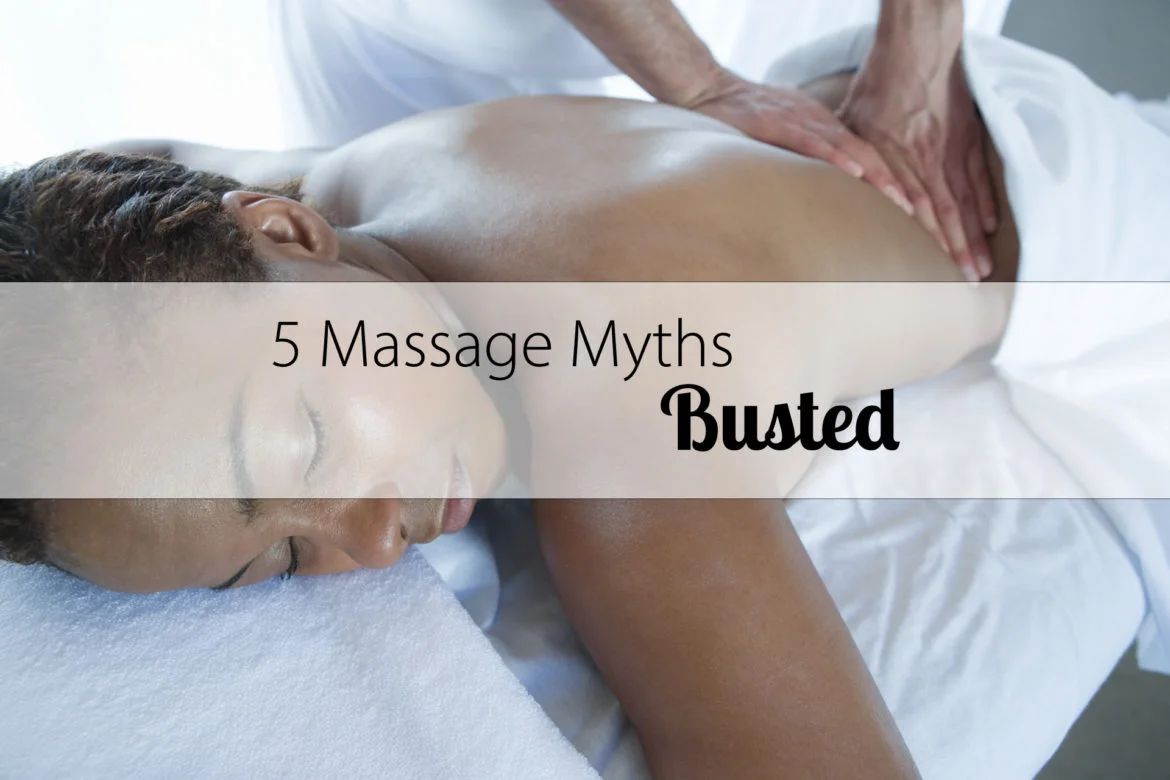Stress, Anxiety, and Massage
Why get a massage? According to a survey conducted by the American Massage Therapy Association, 28% of Americans who get a massage do so for relaxation and stress reduction. That’s a lot of people in the US who feel strongly enough about their own experiences with massage for stress reduction to put their money on it. But aside from individual feelings, what exactly do we know about massage and how it relates to stress and anxiety? And what does the research have to say about that?
What is stress? What is anxiety?
Stress is your body’s response to demanding circumstances. Working late hours? You’ll experience stress. Prepping for a big competition? Definitely stressful. Toddler throwing a tantrum? That’s no doubt stressful for both of you. When you’re stressed, your blood pressure goes up, your breathing and heart rate quicken, and you feel jittery and distracted. All this is useful if your stress is a result the big race you’re running, when you can put that energy to good use. It’s less helpful if your stressor is a friend in need of patience and comfort.
People who regularly put themselves into stressful circumstances on purpose (public speakers, for example) often learn how to channel that stress response for their own benefit, but it takes practice over time. When stress goes from being an occasional experience to a chronic condition, health problems result.
Anxiety, on the other hand, isn’t necessarily a reaction to circumstances. Most often, it’s related to anticipated future or potential stress. As with stress, anxiety isn’t necessarily an immediate health problem, although it’s unpleasant. Feeling a bit anxious about an upcoming exam, the imminent birth of a baby, or the quality of a presentation can give you a push to prepare as best you can. But anxiety becomes unhelpful when it is overwhelming, requiring you to focus all your energy on surviving your immediate feelings rather than addressing their roots. Pacing, nail biting, trembling, and vomiting are signs that anxiety is veering into unhelpful territory. Test anxiety, social anxiety, and decision anxiety are all common forms of anxiety.
Anxiety disorder is the general name given to chronic, excessive anxiety in response to everyday situations. Anxiety disorders include
● Generalized anxiety disorder: excessive anxiety in general.
● Social anxiety disorder: anxiety disorder related to interacting with others.
● Separation anxiety disorder: anxiety disorder related to separation from specific people, often parents or caregivers.
● Phobias: subset of anxiety disorders characterized by persistent fear of a specific thing.
● Panic disorder: anxiety disorder characterized by reoccurring panic attacks.
Many people discover that they have more than one type of anxiety disorder, or deal with anxiety combined with depression, post-traumatic stress disorder, eating disorders, alcoholism, or substance abuse. While stress and anxiety are more general terms that you can probably identify in yourself, anxiety disorders can only be diagnosed by a physician.
What kinds of studies have been done on massage for anxiety and stress?
Stress:
While stress levels are largely subjective, studies focused on pain, sleep, and other outcomes often find that patients report decreased stress levels as one of the major benefits they receive from massage therapy treatments. In one study on pain in acute care settings, more than half of the patients mentioned relaxation in their survey responses. One described the experience of receiving massage as “very helpful, soothing, comforting, and relaxing,” which is notable considering how stressful being hospitalized is. Improved emotional well-being and sleep were also mentioned by many patients and nurses, both of which are good indicators of stress reduction.
Anxiety:
Most studies done on massage and anxiety have focused on specific populations. One study found significant improvement in both state (long term) and trait (immediate) anxiety in children with cancer and blood diseases who received Swedish massage. Another measured the physiological responses to stress (blood pressure and pulse) in hospitalized children and found similar results. Cardiac care patients were the focus of another study. Again, massage was shown to be helpful at reducing anxiety. Still, larger and broader studies on the matter still need to be done.
Anxiety disorders:
There have been relatively few studies on massage therapy for anxiety disorders specifically, and those that have been done have been small and generally lacking good control groups. One randomized controlled trial found that massage therapy was significantly helpful for people with generalized anxiety disorder, but no more so than thermotherapy (relaxing with hot towels placed in different locations on the body) or being in a special relaxation room with no additional treatment. This study only measured improvement over multiple weeks, and not feelings of anxiety in the short term, before and after treatments. Because this study didn’t have a no-treatment control group, they weren’t able to state whether all three were equally effective or equally ineffective.
What does all this mean?
People regularly feel that massage helps reduce their stress and anxiety. There are also other techniques that seem to be helpful to varying degrees, depending on the situation and the person. This is helpful to know, because not everyone enjoys massage. For some, touch itself can be a source of stress and anxiety, so it’s helpful to know that there are other complementary therapies available that also create positive results.
Stress and anxiety are closely tied to pain, sleep, and other factors. Reducing pain reduces stress levels. Reducing stress levels can also reduce pain. Improving sleep can impact both pain and stress, and vice versa. Does massage therapy work primarily through either pain or stress reduction, or does it impact both equally? This is an area for further study.
Massage therapy is a fairly safe way to manage stress and anxiet.y With relatively few drug interactions and a very low chance for injury, massage therapy can be helpful to a wide variety of people dealing with stress and anxiety in different situations. From the smallest infants to athletes to people in hospice, there are few who could not benefit from massage therapy.
There is a lot more to learn. While there is a lot of research on massage for pain, massage for anxiety (and especially massage for anxiety disorders) has less research to back it up. It will take time and money before a large body of knowledge has been built up.
If you’re feeling stressed or anxious, massage therapy is worth trying. The evidence is still rolling in, but what we have is promising. Are you ready to give it a try? Book your next massage today.








